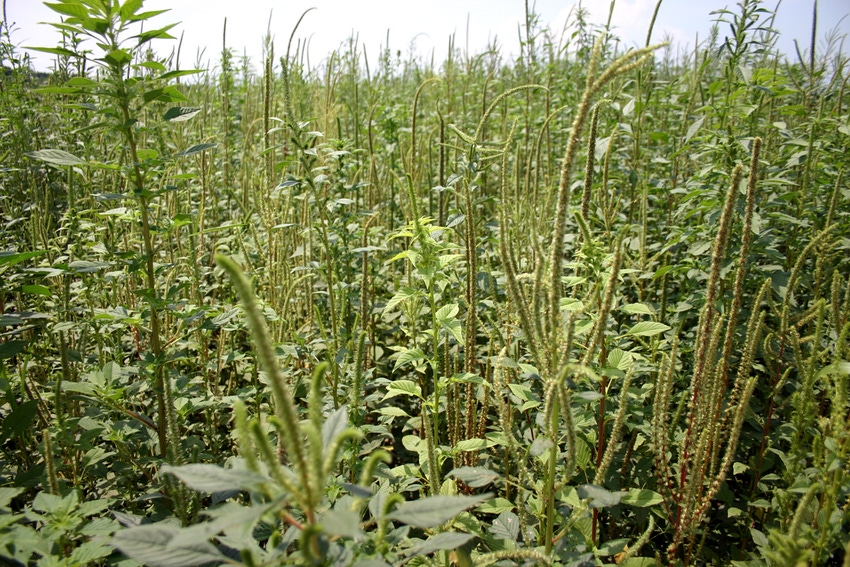May 15, 2012

A fast-spreading plague of "super weeds" taking over U.S. farmland will not be stopped easily, and farmers and government officials need to change existing practices if food production is to be protected, industry experts said on Thursday.
"This is a complex problem," said weed scientist David Shaw in remarks to a national "summit" of weed experts in Washington to come up with a plan to battle weeds that have developed resistance to herbicides.
Weed resistance has spread to more than 12 million U.S. acres and primarily afflicts key agricultural areas in the U.S. Southeast and the corn and soybean growing areas of the Midwest.
Many of the worst weeds, some of which grow more than six feet and can sharply reduce crop yields, have become resistant to the popular glyphosate-based weed-killer Roundup, as well as other common herbicides.
For more, see: Super weeds no easy fix for US agriculture-experts
You May Also Like




